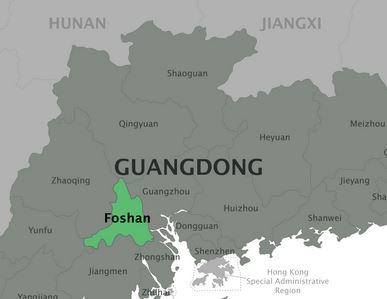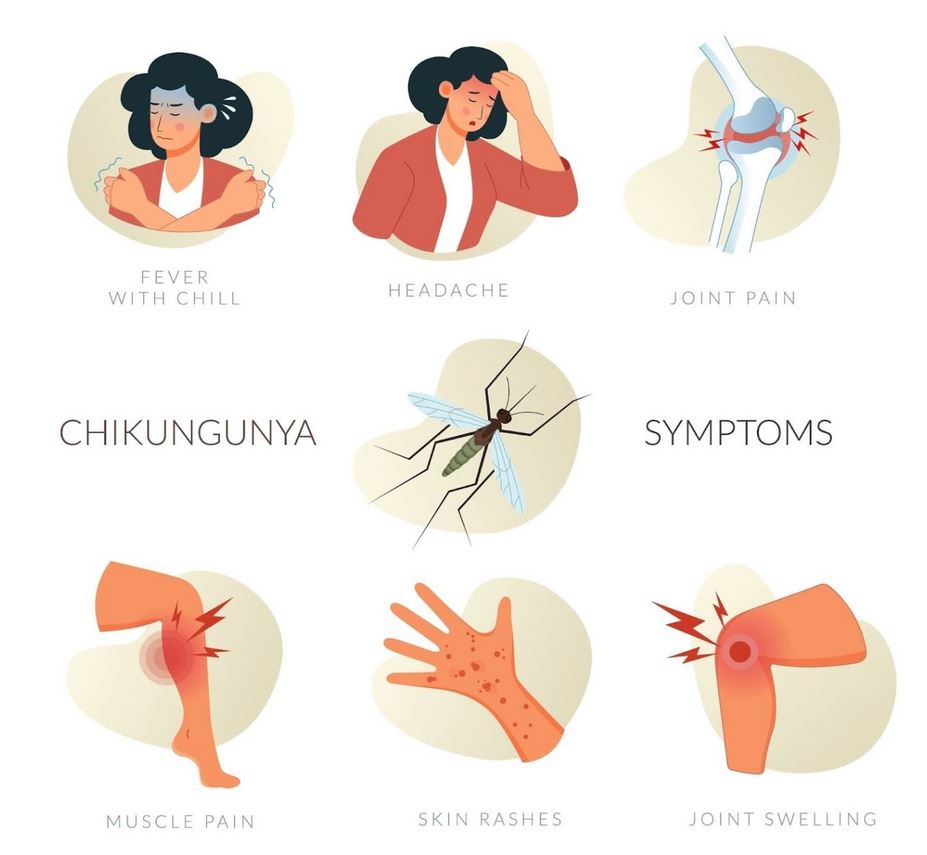Thousands of people in southern China have become infected with the Chikungunya virus – a mosquito-borne illness – in the past month. This is the biggest outbreak since the disease was first detected in the 2000s.

The massive outbreak has also prompted the U.S. Centers for Disease Control and Prevention to issue a travel warning for those traveling to China this month.
Local officials are now working to prevent the spread of the virus, partly by controlling the mosquito population that causes it.
About Chikungunya
Chikugunya is a mosquito-borne disease that is caused by the chikunguya virus. It’s typically spread to humans through the bites of infected mosquitoes – the same ones that carry other diseases like Zika and dengue.

Most people will develop symptoms 4 to 8 days after being bitten by an infected mosquito.
Symptoms include fever, nausea, and fatigue. Those who are infected may also develop debilitating joint pain that can last for months or years. This is especially true for older adults.
While chikungunya is rarely fatal, it can cause severe cardiac and neurological complications.
Treatment for Chikungunya Infections
At this time, there is no specific drug treatment for the disease. Individuals with chikungunya are typically given analgesics and anti-pyretics to deal with joint pain and fever.
Non-steroidal anti-inflammatory drugs are typically avoided as they can increase the risk of bleeding.
Currently, two chikungunya vaccines may be effective for those who are at risk. However, they are not yet widely available.
The Outbreak In Southern China

From July 27 to August 2, nearly 2,900 cases were reported, most of which happened in the Shunde District of Foshan, which has a population of 9 million.
Cases were also reported in Shenzhen, Guangzhou, Zhongshan, and Dongguan.
On August 4, Hong Kong saw its first imported case.
Kang Min, an expert in infectious diseases, warned that the current typhoon and flood season may have boosted mosquito populations, complicating control efforts.
Protecting Yourself From Chikungunya
The best way to prevent the disease is by avoiding mosquito bites. China’s National Health Commission recommends taking preventative measures such as using mosquito nets, coils, and repellents to repel and kill mosquitoes.
Clearing potential breeding grounds will also help by reducing their population.
Those in the U.S. can also get the two chikungunya vaccines if they plan on travelling to an outbreak area, especially if they have concurrent conditions.








